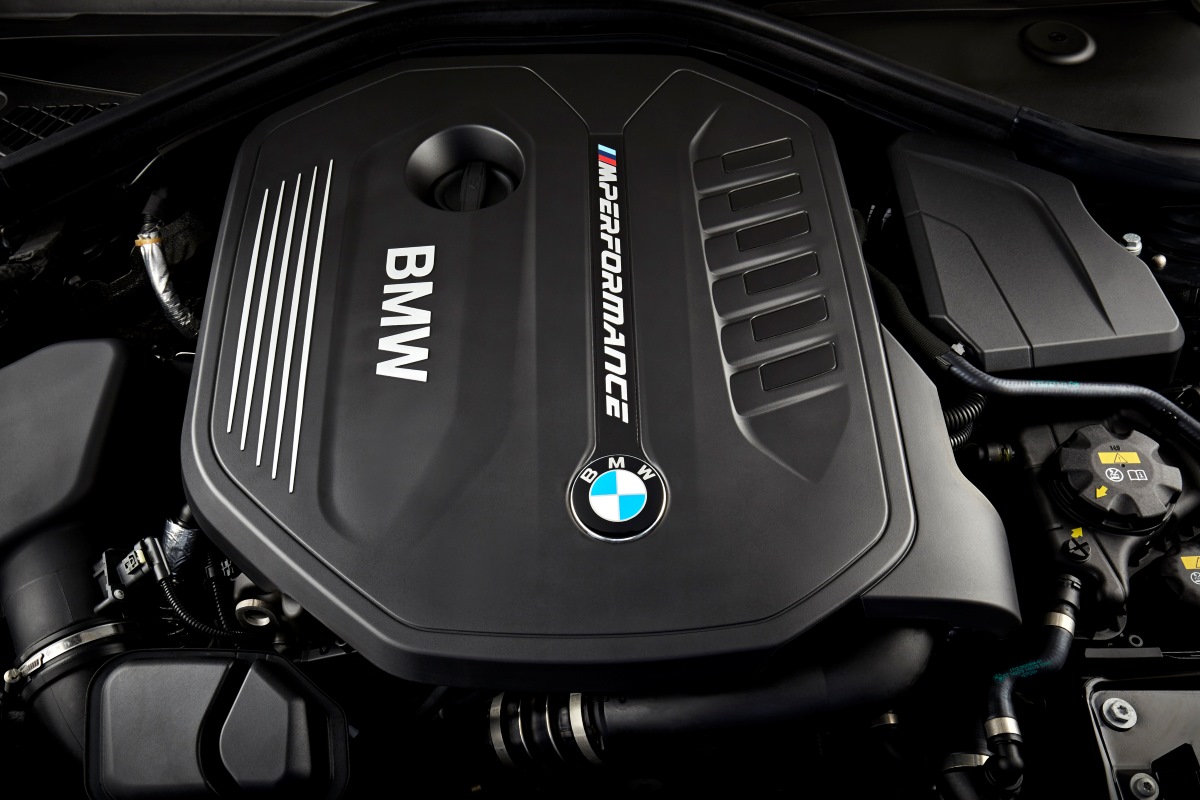
5 Easy DIY Tips to Make Your BMW More Reliable
The reputation for unreliability placed upon German cars has practically ubiquitous, whether you’re ingrained in car culture or not. But recently, brands like Audi, Mercedes-Benz, and yes, even BMW, are upping their reliability game. Still, there are some tips you can follow to make your BMW more reliable, whether it’s from 2022 or 10 years ago.

Ditch the plastic charge pipes
BMW’s N55 engine is one of the best turbocharged inline-6 engines in terms of reliability. However, it comes from the factory with a plastic charge pipe that is prone to failure after repeated heat cycles. Replacing this plastic piping with an aluminum aftermarket piece can make your BMW more reliable and stop you from being left stranded.
While this failure won’t ruin your engine, it will stop the car in its tracks, as air can no longer make it to the combustion chamber. By replacing the plastic with sturdy aluminum, you’ll not only improve airflow and performance, but you can drive with confidence.
It’s an easy swap to perform with just some basic mechanic tools, and the time and cost are well worth the peace of mind.
Keep an eye on coolant lines
On the N54/N55 inline-sixes as well as the B48 and N20 four-cylinders, coolant lines can become an issue if left unchecked. The hoses can leak from beneath the intake, making it hard to spot a leak when it first starts.
If you check the coolant reservoir regularly, you may notice some coolant loss that you don’t expect. There are multiple issues that can cause this, but leaking coolant lines are among the most common. They can be tricky to get to, but overall it takes just some basic tools and patience to replace the lines yourself.
Taking care of this early will reduce the risk of overheating, which will always help make your BMW more reliable.
Replace spark plugs every 20,000 miles

One issue with the N54 and N55 six-cylinder engines are the spark plugs. While they don’t stop the car from running, they tend to wear out faster in these engines than in most. Fortunately, it’s an easy task to replace them, and many owners recommend doing so with every fourth oil change.
This helps maintain an efficient fuel burn, which in turn can improve overall reliability in your BMW. Experts from FCP Euro delve into why this is, and offer more BMW reliability tips to keep your car happy.
Oil changes every 5,000 miles
Despite BMW’s recommendation for 10,000 or 15,000-mile oil changes, in any turbocharged engine, more frequent maintenance is a good thing. With high crankcase pressures and temperatures from the turbo, keeping your engine lubricated and cooled effectively is an easy way to improve your BMW’s reliability.
Replace the stock intercooler to improve BMW performance and reliability
On any turbocharged engine, managing incoming air temperature is key to maintaining performance. Furthermore, the reduced air temperatures can improve the reliability of your BMW by reducing the internal engine temperature.
The stock intercooler is a conservative setup, but aftermarket options offer more effective cooling. There are setups for track use, stop and go driving, and extended highway drives that optimize cooling for your specific driving needs. It’s rare to find a performance modification that also boosts reliability, but an aftermarket intercooler can do just that.
Use these tips and make your BMW more reliable
With a simple mechanic’s toolkit, you can apply all of these tips to improve the reliability of your BMW. Not only do many of these modifications help with performance, but they’ll make your car more robust, so you can enjoy the performance of your Ultimate Driving Machine.




